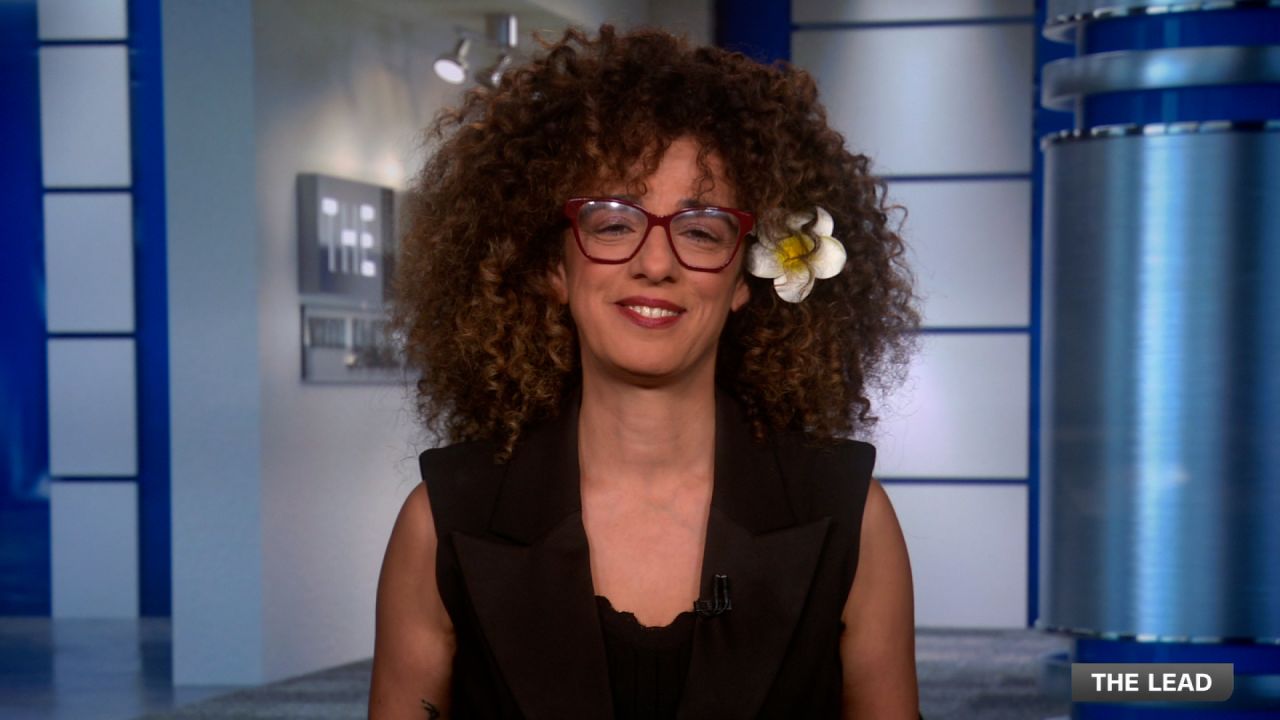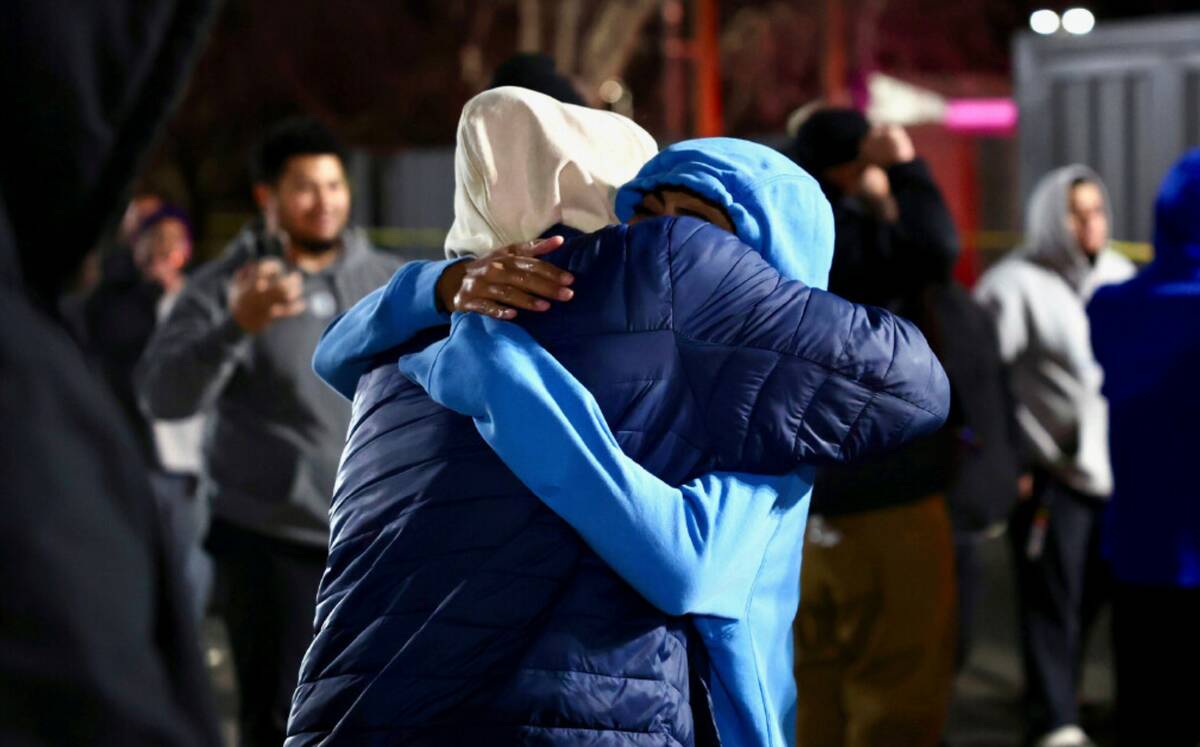Masih Alinejad, an outspoken critic of the Iranian regime, witnessed a significant development in her ongoing battle against threats to her life. Two Russian nationals were sentenced to 25 years in prison for their involvement in a plot to assassinate her. The sentencing took place in a New York court, marking a pivotal moment in Alinejad’s fight for justice and safety.
The case against the two men, identified as Vadim Yermolayev and Alexander Frolov, revealed an intricate conspiracy that underscored the lengths to which the Iranian government allegedly goes to silence dissent. Alinejad, who has been a prominent voice for women’s rights and freedom of expression, has faced numerous threats since she began her activism. The plot against her involved the use of hired assassins, highlighting the international dimensions of the Iranian regime’s repressive tactics.
In court, Alinejad expressed her feelings of relief and gratitude for the judicial outcome. She stated, “This is not just a victory for me, but for all those who stand up against tyranny.” Her remarks resonated with many who view her as a symbol of resilience against oppressive regimes. Alinejad has been living in the United States since 2015, where she continues her advocacy work through various media platforms.
The sentencing comes amidst a broader context of concern over Iran’s efforts to intimidate dissidents abroad. According to U.S. authorities, the Iranian government has been linked to several plots aimed at silencing critics outside its borders. The FBI had previously warned that the regime’s operatives were actively targeting individuals who speak out against its policies.
Alinejad’s case has drawn significant attention not only for its implications for freedom of speech but also for the safety of journalists and activists worldwide. The United States has taken a firm stance against such actions, with officials condemning the Iranian regime’s behavior. U.S. Secretary of State Antony Blinken remarked, “The United States will not hesitate to hold accountable those who threaten the lives of innocent individuals for speaking out against tyranny.”
The court’s decision serves as a reminder of the importance of international cooperation in addressing threats to journalists and activists. Alinejad’s determination to confront her assailants and seek justice illustrates the broader struggle for human rights in the face of adversity. As she continues her advocacy, her story remains a powerful testament to the resilience of those who fight for truth and justice.
Moving forward, Alinejad plans to amplify her efforts to raise awareness about the dangers faced by journalists, particularly those who challenge authoritarian regimes. Her platform has become a vital resource for others in similar situations, and she remains committed to using her voice to support those who are unable to speak out.
This latest development is not just a personal victory for Alinejad; it signifies a larger fight against oppression, emphasizing the need for vigilance in protecting free speech and human rights worldwide. The implications of this case extend beyond borders, serving as a clarion call for solidarity among activists and supporters of freedom across the globe.






